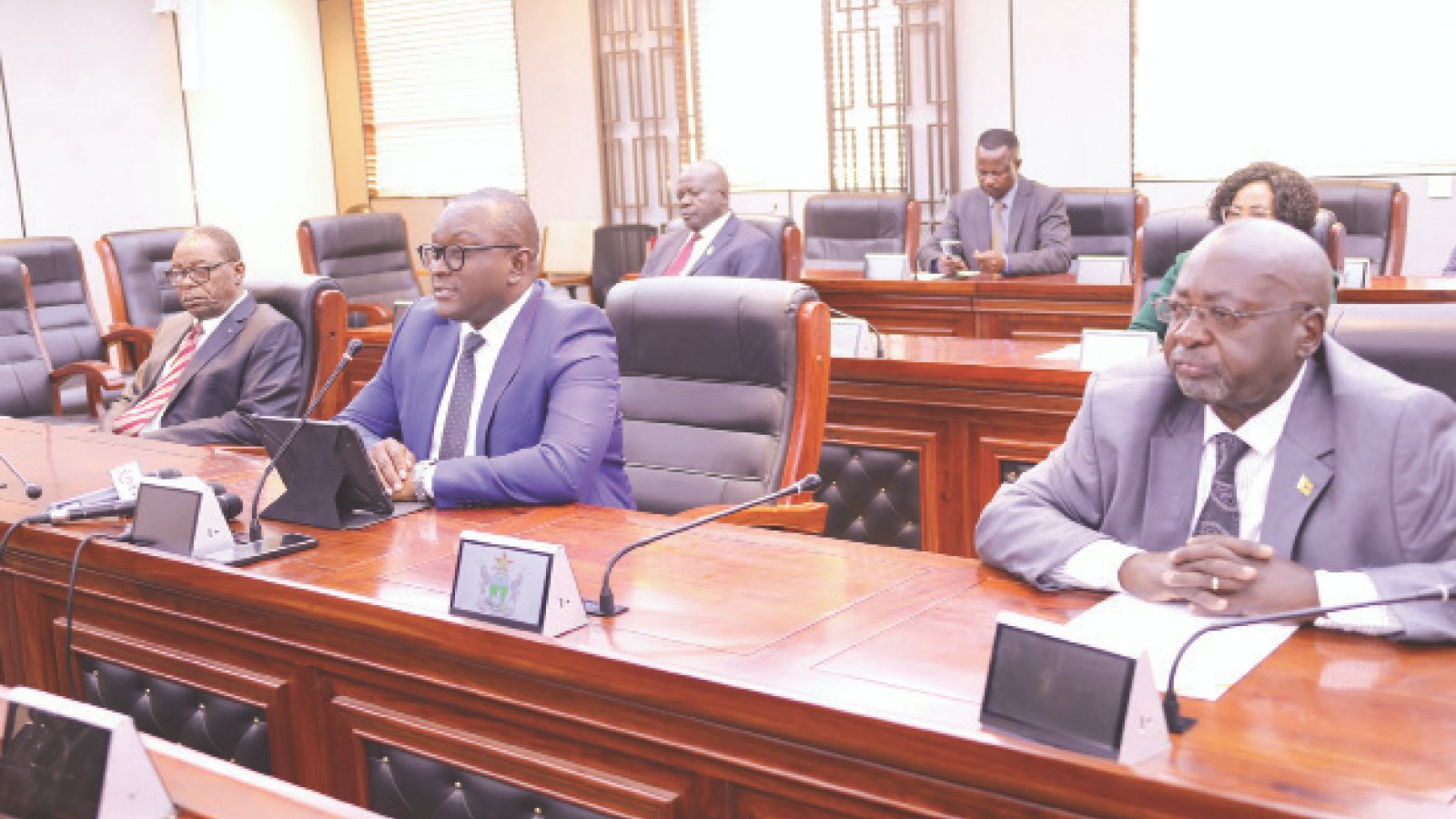It aligns with key national legal frameworks, including the Constitution of Zimbabwe, the Zimbabwe Youth Council Act and the National Youth Policy of 2021.
The initiative results from extensive consultations with stakeholders, including youth representatives, to address challenges faced by young people in Zimbabwe today.
Dr Muswere reaffirmed the Government’s commitment to empowering youth through various initiatives. “Cabinet considered and approved the National Youth Empowerment Strategy: 2026 to 2030.
The National Youth Empowerment Strategy aims to create an enabling environment in order to promote youth participation in the mainstream formal economy,” said Dr Muswere. “Through the strategy, ministries, departments and agencies, local authorities, the private sector and development partners will be required to initiate deliberate programmes and projects that economically empower youths through job creation and entrepreneurship. “The National Youth Empowerment Strategy will also serve as an implementation tool for the National Development Strategy 2 through mainstreaming of youth issues in the national development agenda. ” Government is dedicated to empowering youths by ensuring access to education and training, political participation, economic opportunities, recreational facilities and protection from harmful practices.
The strategy addresses in-school and out-of-school youths, aligning with existing Ministry of Youth programmes for both segments.
The National Youth Empowerment Strategy comprises five main pillars namely economic empowerment, technology and digital transformation, education and skills development, governance, and health and well-being.
In addition, there are three supporting cross-cutting pillars, which are climate change adaptation and mitigation, gender equality and inclusivity and governance, coordination and partnerships.
Under each pillar, the strategy document outlines strategic objectives and suggested interventions to achieve the set goals.
The strategy is supported by a monitoring and evaluation framework, an implementation matrix and a communication plan.
The monitoring and evaluation plan will assess the performance of programmes and policies implemented by various stakeholders in support of the strategy.
Youths will be involved at every stage of the monitoring and evaluation process and a comprehensive communication plan will raise awareness, engage stakeholders and ensure transparency.
The plan will incorporate local languages and culturally relevant content to reach marginalised groups effectively.
Dr Muswere said the strategy was complemented by a resource needs and mobilisation plan to identify and mobilise essential financial, human and material resources required to support various youth initiatives, particularly those aimed at the inclusion of marginalised youth.
Share on FacebookPost on XFollow usSave
All Zim News
All Zim News is a central hub for all things Zimbabwean, curating news from across the country so no story is missed.
Alongside aggregation, our team of nationwide reporters provides real-time, on-the-ground coverage.
Stay informed and connected — reach us at admin@allzimnews. com. 🔗 Read Full Article
All Zim News is a central hub for all things Zimbabwean, curating news from across the country so no story is missed.
Stay informed and connected — reach us at admin@allzimnews. com.
